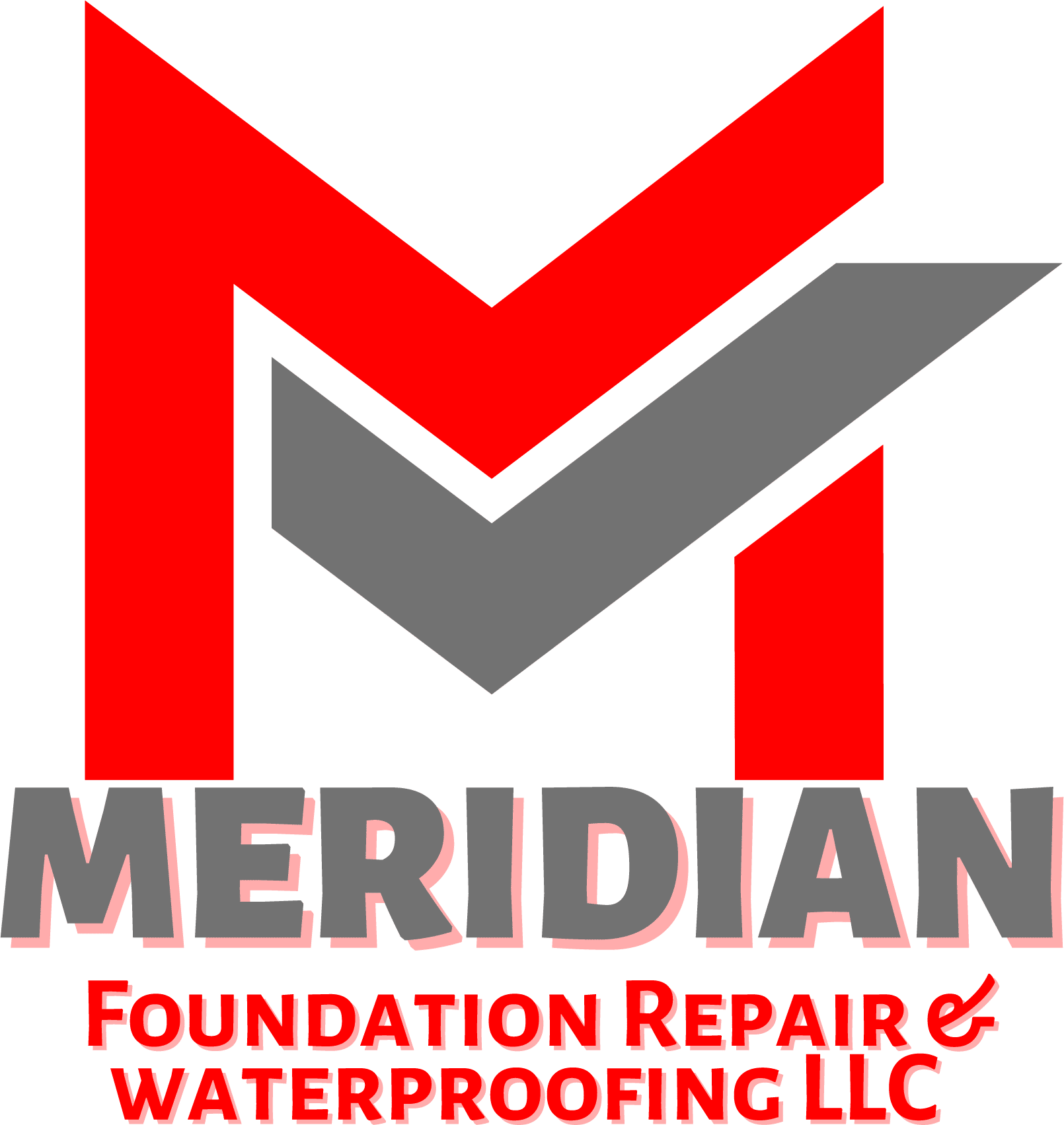Renting out a property has the potential to be a profitable investment, offering a consistent source of income and the possibility of long-term financial growth. However, achieving success as a landlord necessitates meticulous planning, a keen eye for detail, and a dedication to ensuring tenants have a positive rental experience. In this article, we will delve into crucial tips and strategies to assist you in navigating the realm of property management and becoming a prosperous landlord.
Learn About Landlord-Tenant Laws: Before renting out your property, familiarize yourself with local landlord-tenant laws and regulations. This includes understanding your responsibilities as a landlord, tenant rights, lease agreements, eviction procedures, and fair housing laws. Your interests as well as those of your tenants are at stake if you do not comply with these laws.
Screen Tenants Thoroughly: Take the time to screen potential tenants rigorously. This includes conducting background checks, verifying employment and income, checking references, and running credit checks. By selecting reliable and responsible tenants, you can minimize the risk of late payments, property damage, and eviction.
Set Clear Rental Policies: Establish clear and detailed rental policies to avoid misunderstandings and conflicts. This includes outlining expectations regarding rent payment dates, late fees, maintenance responsibilities, pet policies, and any other relevant rules. Communicate these policies to tenants and include them in the lease agreement.
Maintain The Property: Regular property maintenance is essential for tenant satisfaction and to protect your investment. Maintain regular inspections and respond promptly to repair requests to prevent issues from escalating. Well-maintained properties attract quality tenants and reduce turnover.
Secure Adequate Insurance: Protect your property and finances by obtaining adequate insurance coverage. Rental income loss, liability protection, and property damage are all covered by landlord insurance. Consult with an insurance professional to ensure you have the appropriate coverage for your specific needs.
Keep Accurate Financial Records: Maintain detailed financial records related to your rental property. This includes tracking income from rent, expenses such as repairs and maintenance, property taxes, insurance premiums, and any other relevant financial transactions. Accurate records will help you monitor profitability, simplify tax filing, and provide documentation in case of disputes.
Effective Communication: Establish open and effective communication channels with your tenants. Respond promptly to their inquiries, address concerns, and keep them informed about any changes or updates related to the property. Good communication fosters a positive landlord-tenant relationship and encourages tenant satisfaction and cooperation.
Enforce Lease Agreements: Consistently enforce the terms of the lease agreement. This includes collecting rent on time, addressing lease violations, and taking appropriate action if tenants fail to comply with the agreed-upon terms. Consistency in enforcing lease agreements sets clear expectations and helps maintain a professional landlord-tenant relationship.
Stay Updated On Market Trends: Stay informed about local real estate market trends, rental rates, and demand. This knowledge will help you set competitive rental prices, attract quality tenants, and make informed decisions about property improvements or upgrades that can increase rental value.
Consider Professional Property Management: If managing the property becomes overwhelming or you lack the time or expertise, consider hiring a professional property management company. They can handle tenant screening, rent collection, property maintenance, and legal compliance on your behalf, allowing you to focus on other aspects of your life or investment portfolio.
Establish a Professional Online Presence: You can use listing websites, social media platforms, and professional property management software to showcase your property’s features, attract potential tenants, and streamline the application process. Regularly update your online listings with high-quality photos and accurate property descriptions.
Provide Clear and Detailed Move-In/Move-Out Processes: Develop a comprehensive move-in and move-out process to ensure a smooth transition for tenants. Provide them with a move-in checklist and instructions for reporting any existing damages or maintenance concerns. Similarly, conduct a thorough move-out inspection and clearly communicate expectations regarding security deposit refunds and any deductions for damages.
Build Strong Relationships with Contractors: Establish relationships with reliable contractors and service providers such as plumbers, electricians, and handymen. Having a network of trusted professionals will help you address maintenance and repair issues promptly, minimizing tenant dissatisfaction and potential property damage.
Encourage Tenant Retention: Retaining good tenants can save you time, money, and effort. Foster positive tenant relationships by addressing their concerns promptly, showing appreciation for their cooperation, and periodically assessing their needs and satisfaction. If you want long-term tenants, consider giving them lease renewal incentives, such as rent discounts or property upgrades.
Conclusion
Becoming a successful landlord requires dedication, attention to detail, and a commitment to providing a positive rental experience for tenants. Following these tips and continuously educating yourself about property management best practices can maximize your rental property’s potential and achieve long-term success as a landlord.


